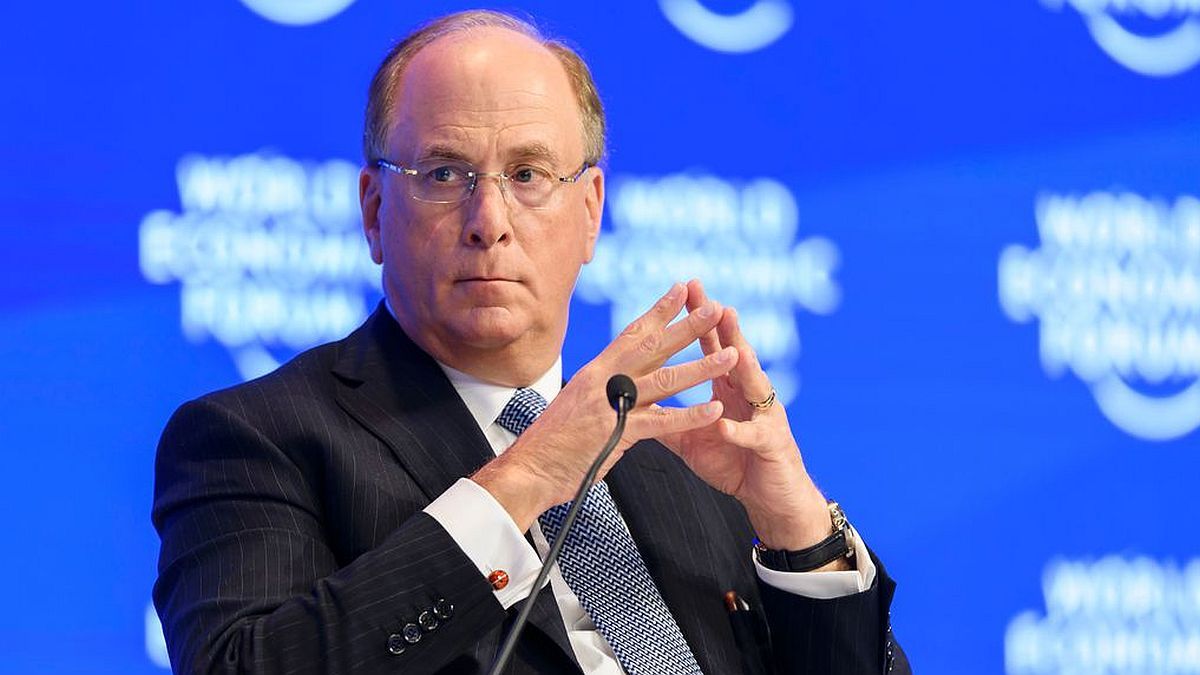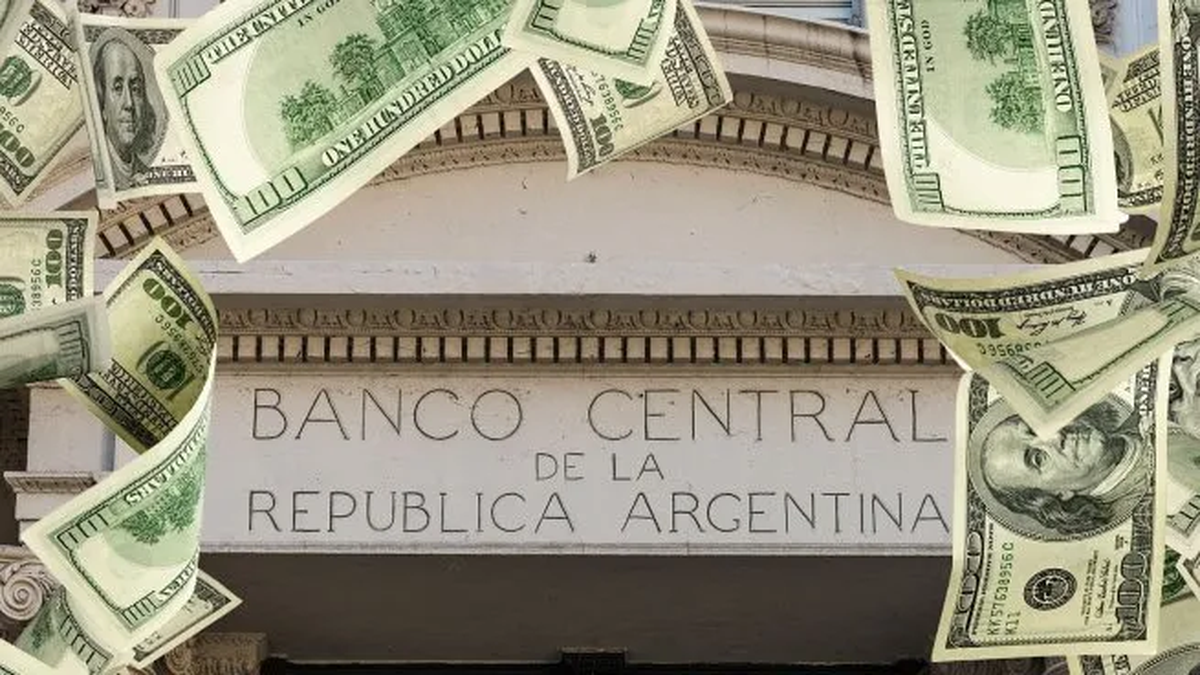Throughout Sunday, the head of the Palacio de Hacienda was communicating through his social networks a series of measures focused on the recomposition of income of the low and medium sectors. Retirees, pensioners, formal and informal workers, monotributistas and beneficiaries of social plans were the main focus of the announcements, although there were also nods to the productive sectors.
The government’s intention is moderate the impact of the 22% devaluation of the official exchange rate. It is that if the inflation that the consultants anticipate for August results in a liquefaction of purchasing power, it will probably face a scenario of lower internal consumption with a direct impact on the whole of economic activity.
This was also interpreted by a group of small and medium-sized local companies. The head of the General Business Confederation of the Argentine Republic, Marcelo Fernandezhe told Ambit: “We recognize the fiscal effort of the Government in the recovery of wages, granting us a 50% discount on social charges, but we continue to stress that it is very important that if we give money to people, mass consumption prices are controlled so that this increase does not It will always remain in the same hands and be distributed among industry and commerce”.
In dialogue with Radio 10, the Minister of Labor, Rachel Olmos, estimated the percentage increase that will bring to the workers covered by the measure: “Our calculation is as follows. If one makes the average or even the median of the wages in the agreement for the month of August, we are more or less at $292,000, consequently the $30,000 that will be paid in September implies about 11%”.
The Research and Training Center of the Argentine Republic (CIFRA), which belongs to the CTA, estimated that the bonus to be paid in two tranches will benefit some 5.5 million workers in the registered private sector and involves mobilizing a mass of resources of $330,000 million. . The fiscal cost, because the State will absorb a part via discounts on employer contributions, would be around $137,000 million.
“It is about seeking a shared effort with companies to rebuild income,” they explained in the Government. Although in the business union, many did not interpret it that way. An example, the Argentine Chamber of Commerce (ACC) who issued an official statement in which he expressed his “lump sum concern granted to workers since joint negotiations are the area where remuneration must be determined”.
The entity that leads Natalio Mario Grinman He strongly questioned the decision and said that “a good part of the country’s companies are in a delicate situation, due to a disorderly macro-economy and stagnation that has accumulated for a decade, which makes it unfeasible for them to face the fixed sum.” With a less warlike tone, the Argentine Chamber of Medium Enterprises also rejected the Government’s decision.
What remains to be known is whether the objections will only come from the private sector. Other relevant actors, so far not mentioned, are the provincial and municipal states. Yesterday, the head of the guild of municipal, Hernán Doval, urged more than 2,300 cities in the country to replicate the measure on the nearly 900,000 workers he represents. It is known that, in more than one case, when looking at their salary receipts, workers in the sector find themselves with wages that are even lower than what a social plan pays today.
Source: Ambito




